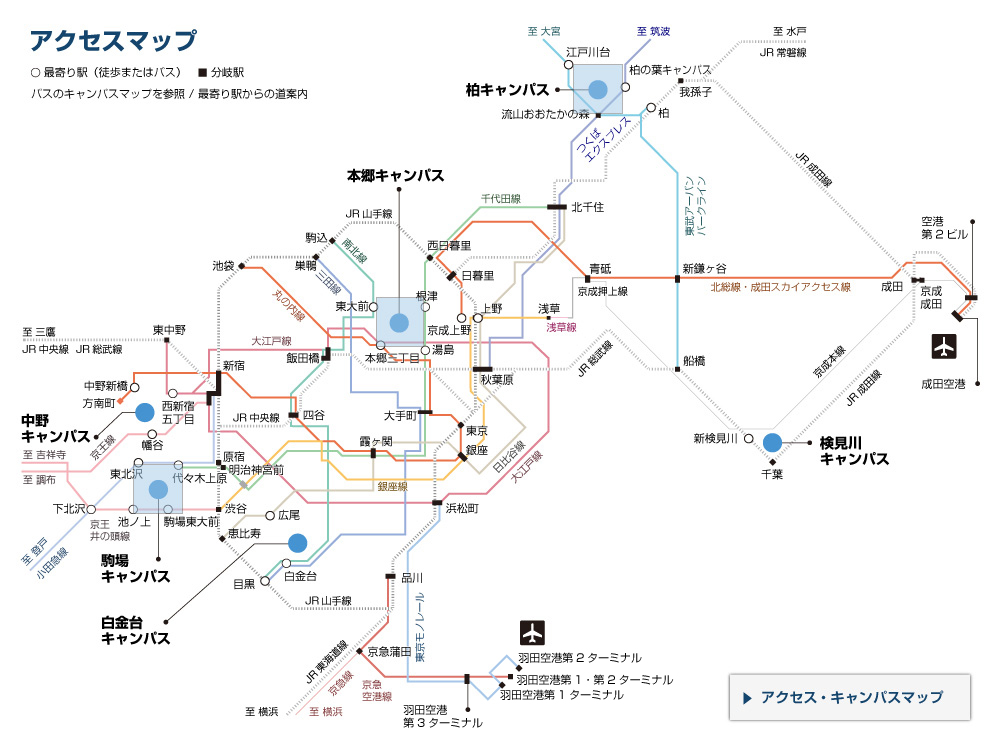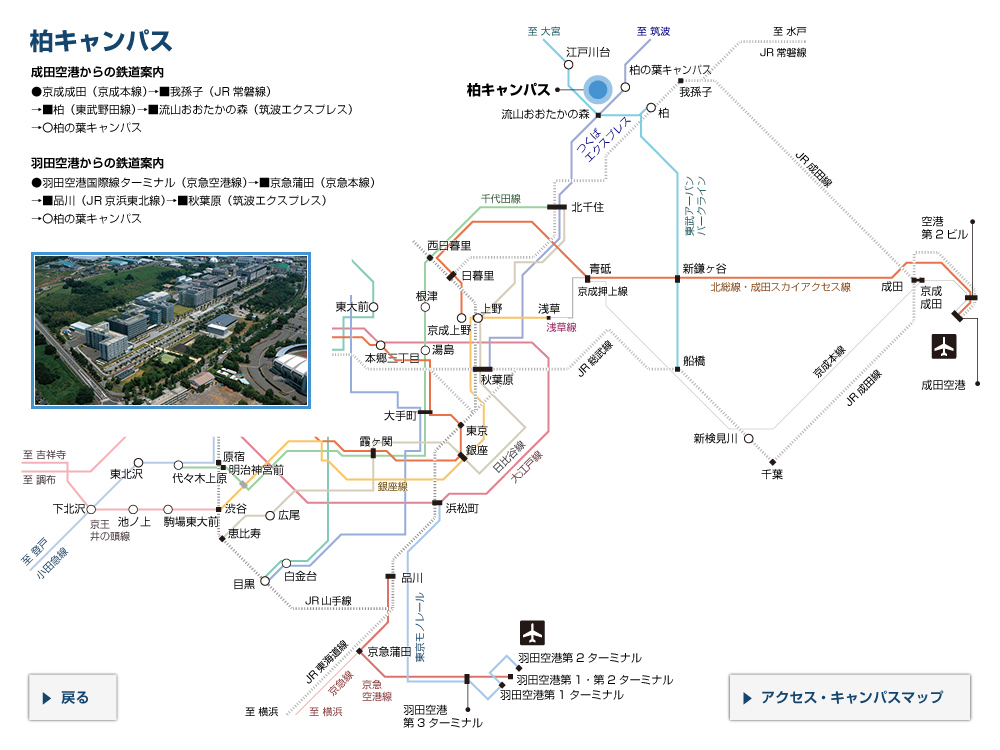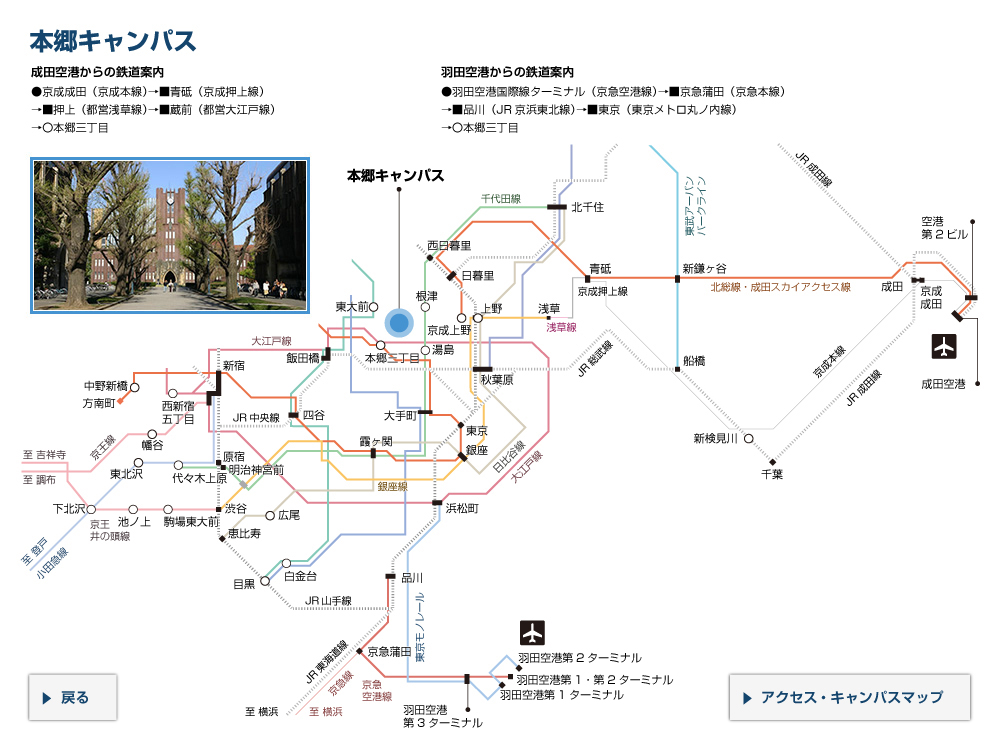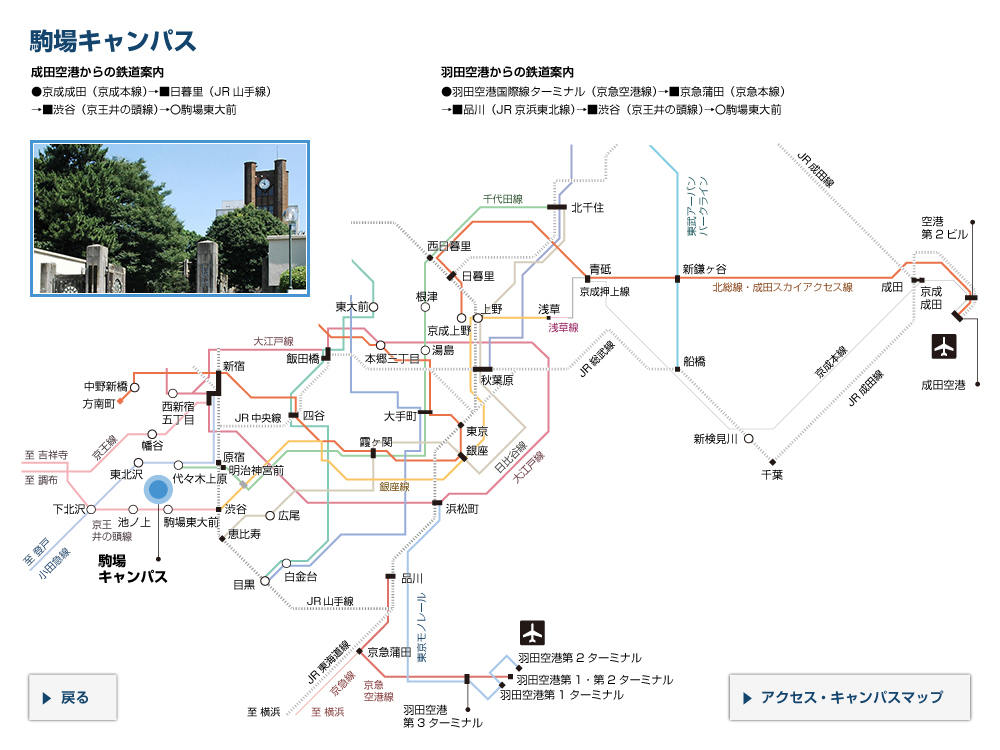新型コロナウイルス感染症に関連する対応について
東京大学の教職員のみなさまへ
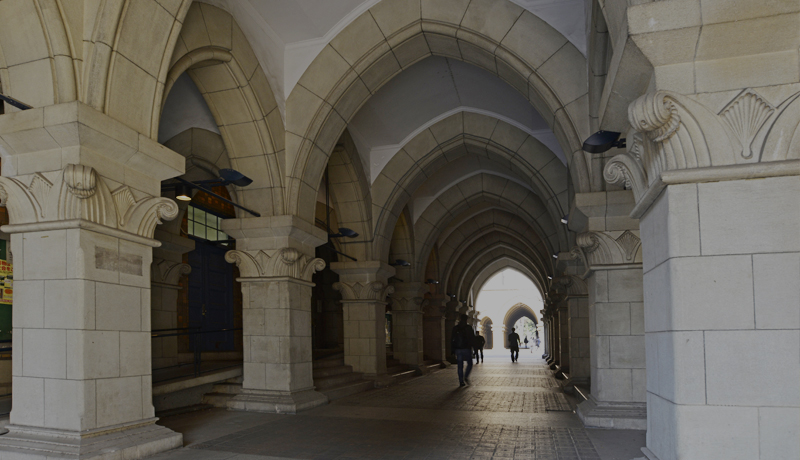

東大の活動制限指針をレベル1(制限-小)に引き上げ <3月21日まで「レベル1」を維持>
東京大学の教職員のみなさまへ
年末・年始にかけて、東京都の新型コロナウイルス感染者の数が1000人/日を超え、首都圏の各自治体においても感染の拡大が止まりません。これに伴い、国は首都圏(一都三県)に対して緊急事態宣言を1月7日に発出しました。一方で、東京大学においても、キャンパス内での活動による直接の感染はないものの、学生を中心に学内関係者の感染が急増しています。また、この1月から2月にかけては、試験、学位の審査、入試など大切な行事が目白押しです。こうした行事を安全におこなうためにも感染防止対策を一層強化する必要があります。
これらの状況を総合的に考え、「新型コロナウイルス感染拡大防止のための東京大学の活動制限指針*」(令和2年4月3日発表)を、1月11日から「レベル1」に引き上げます。レベル1は、まずは国の緊急事態宣言にあわせて2月7日までとし、その時点での感染状況をみた上で、下げるのか、維持するのか、上げるのかを判断したいと思います。
3月5日に国が4都県の緊急事態宣言を延長したことを踏まえ、「レベル1」を引き続き3月21日まで維持することとしました。
レベル1では、みなさまに以下の制限のご協力をお願いします。
- 研究活動は続行できますが、感染拡大に最大限の配慮をしつつ、学生・研究員・研究スタッフ(研究室関係者)は現場での滞在時間を減らし、可能な場合は自宅で作業することを検討してください。
- 学内の対面会議は必要最小限としてください。
- 授業については、これまで同様、オンライン形式でおこないます。ただし、対面での実施が必要な実験・実習・演習や定期試験については、十分な感染対策を前提に可とします。
- 学生の課外活動は禁止となります。ただし、すでに競技会への参加が決定している等中止が難しい活動についてはタスクフォースでの議論を経て許可することがあります。
- 事務部については、在宅勤務と時差出退勤を強く奨励します(出勤率60%以下)。ただし、期間中に行うべき重要な業務については、十分な感染対策を前提に、出勤率の例外として可能とします。
- 上記による活動中に、同じ環境にいる者の中に複数の体調不良者が発生した場合は、新型コロナウイルス感染症に典型的な症状ではなくても慎重を期して活動を停止するなど、早めに対策をとるようにしてください。
また、上記の活動制限以外にも、海外からの外国人の新規入国に関しては、日本政府の決定により入国が制限されていますのでご留意願います。なお、詳細については、文部科学省や外務省等が出す最新の情報を確認するようにしてください。
これらの規制に加え、みなさまの行動変容も極めて重要です。感染の事例から分かってきたことは、無症状あるいは軽症感染者からの感染の多さです。この主要な感染経路は唾液からの感染で、マスクを外した時間が長いほど、発声量が大きいほど感染が起こりやすくなります。またマスクをしていたとしても密閉された空間で長時間感染者と一緒にいると感染することがあるようです。このような事実から、緊急事態宣言期間は、同居家族以外との会食・飲み会や歌唱などは避けていただきたいと思います。また、昼食中や休憩中に、マスクを外して会話することによっても感染が起こっていますので、話しながらの食事はしないでください。感染が起こったとしても、みなさまの間で感染の連鎖を生じさせないためには、大きな集団で行動しないこともまた有効だと思われます。
これまでにキャンパス内での活動により感染が起こったことはありませんし、活動制限指針をレベル1に引き上げますので、キャンパス内は比較的安全だと考えています。そのため、キャンパス内での活動は、感染に十分注意した上で実施することは可能だと考えています。
レベル1でも 本郷、駒場、柏の各地区保健センター は診療を継続しています。必要な検査体制も整っています。電話相談なども積極的に受け付けていますので、不安なことがあれば相談してください。
令和3年1月7日
令和3年3月5日更新
東京大学 新型コロナウイルス対策タスクフォース座長
理事・副学長
福田 裕穂
* 新型コロナウイルス感染拡大防止のための東京大学の活動制限指針 (PDFファイル: 185KB)
Message for UTokyo staff: Raising the University of Tokyo Activity Restrictions Index for Preventing the Spread of Novel Coronavirus (COVID-19) to Level 1 (Partial restrictions) (Maintaining Level 1 restrictions through March 21)
To all academic and administrative staff at the University of Tokyo:
From the end of 2020 through the beginning of 2021, the number of people newly infected by the novel coronavirus in Tokyo grew to over 1,000 per day, and infections continue to spread in the municipalities throughout the Tokyo metropolitan area. In response to this situation, on January 7, the national government declared a state of emergency for the Tokyo metropolitan area (Tokyo and the three neighboring prefectures of Saitama, Chiba and Kanagawa). Meanwhile, with regards to the University of Tokyo, although there have been no infections directly related to on-campus activities, the number of University members, particularly students, becoming infected is increasing rapidly. Also, the two months of January and February are marked by a series of significant academic events, including exams, thesis evaluations and university entrance examinations. In order for these events to be carried out safely, it is necessary to further strengthen infection prevention measures.
Upon taking a comprehensive account of this situation, we have decided to raise the level of The University of Tokyo Activity Restrictions Index for Preventing the Spread of Novel Coronavirus (first announced on April 3, 2020) to Level 1 starting on January 11. In accordance with the state of emergency declaration period, we will keep the Index at Level 1 at least through February 7. After assessing the situation again at that point, we will decide whether to lower, maintain or raise the level. Taking into account the fact that the government extended the state of emergency period for Tokyo and three other prefectures on March 5, we have decided to extend Level 1 restrictions as outlined in the UTokyo Activity Restrictions Index from February 7 through March 21.
Under Level 1, we ask that you cooperate with the following restrictions:
- Research activities can be continued; however, while taking the utmost consideration to prevent the spread of infection, students, researchers and research staff (laboratory staff) must reduce the amount of time they stay on-site and, if possible, consider working from home.
- Please keep in-person meetings on campus to the absolute minimum.
- Classes will continue to be held online. However, experiments, training and exams that require in-person instruction will be allowed, provided that sufficient measures to prevent infection are taken.
- Students are prohibited from engaging in extracurricular activities. However, in cases where canceling activities is difficult, such as when students are already scheduled to participate in competitions, the Task Force may, upon discussion, grant students permission to engage in such activities.
- For those in administration, working from home and staggered commuting are strongly encouraged (under 60% working at the office). However, if one has important work that must be done at the office during the restriction period, coming to work is permitted as an exception, provided that sufficient measures to prevent infection are taken.
- When engaging in any of the aforementioned activities, if multiple individuals around you become ill, exercise caution and act quickly by stopping activities or taking other such measures, even if the symptoms shown by the individuals are not consistent with typical symptoms of the novel coronavirus.
Also, besides the activity restrictions listed above, please note that the Japanese government is restricting the new entry into Japan of foreign nationals from overseas. For details, please review the latest information released by the Japanese Ministry of Education, Culture, Sports, Science and Technology and the Ministry of Foreign Affairs.
In addition to following these regulations, changes to your behavior are crucial. From cases so far, we have learned that much of the spread of infection comes from those with asymptomatic or mild cases of the novel coronavirus. The main means of infection transmission is through saliva, and the longer one has their mask off, and the more one speaks or otherwise vocalizes, the easier it is for infection to occur. Also, infections seem to happen if one is with an infected person for a long time in a closed space, even if they are wearing masks. Taking these facts into consideration, during the period of the state of emergency, we ask that you avoid eating, drinking, singing or doing other similar activities together with people who are not members of your household. Also, as infections can occur when taking off masks and speaking, please refrain from speaking when eating during lunchtime or breaks. Furthermore, in the case of infection, in order to prevent a series of infections from occurring, avoiding doing activities in large groups is considered to be effective.
As there have been no cases of infection due to activities on campus, and because we are raising the Activity Restrictions Index to Level 1, the UTokyo campuses are considered to be relatively safe. Therefore, it is possible to engage in on-campus activities while taking sufficient caution to prevent infection.
At Level 1, the Health Centers at Hongo, Komaba and Kashiwa are all still continuing to provide medical treatment. Necessary medical examination systems are also in place. They also welcome consultations by phone, so if you have any concerns, please contact them.
January 7, 2021
Updated March 5, 2021
FUKUDA Hiroo,
Executive Vice President
Head, UTokyo Coronavirus Task Force
関連リンク / Related Links



